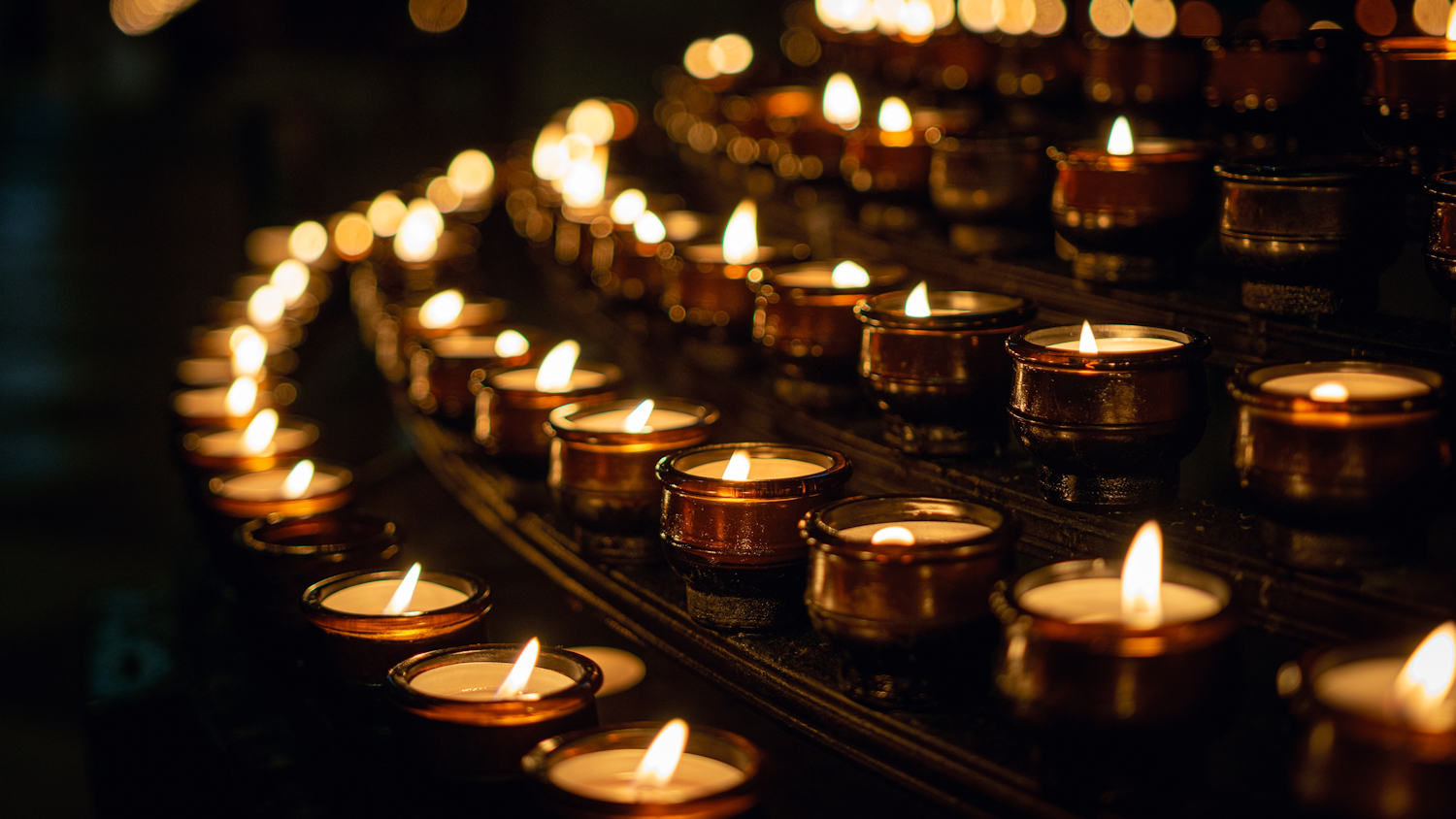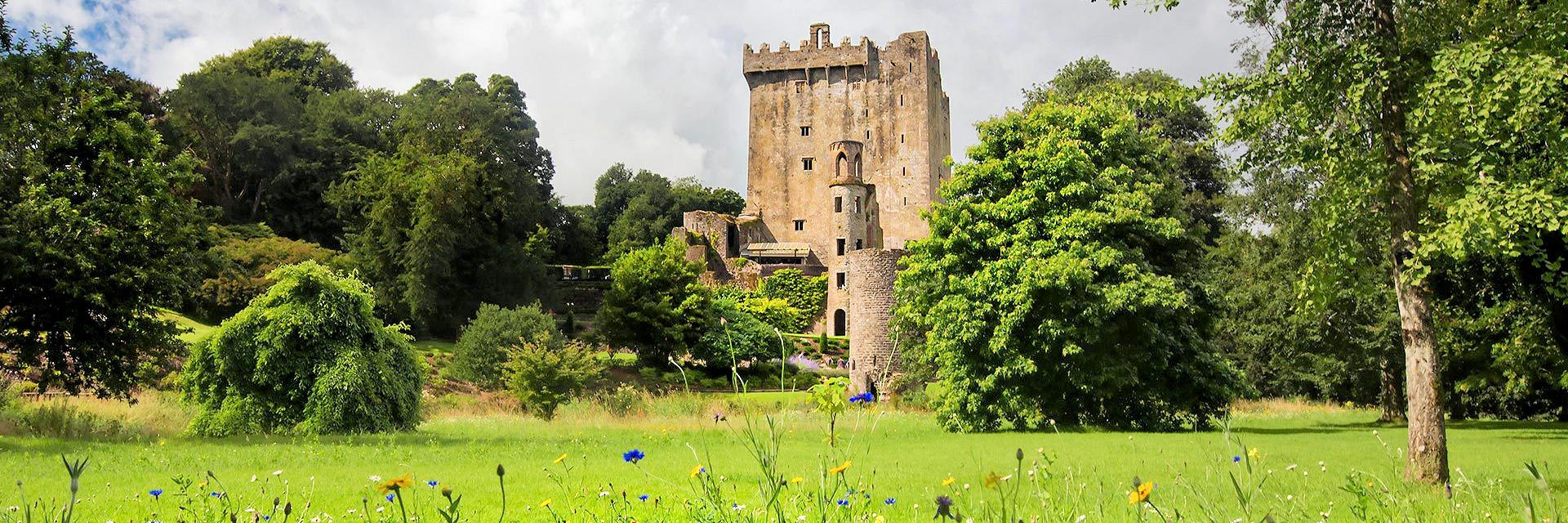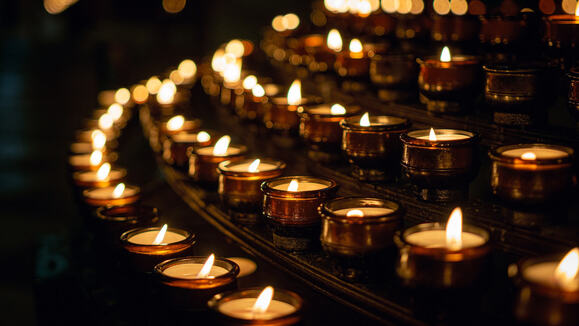








My friends,
I wish to draw your attention to the new “Light a Candle” feature on the Diocesan Website.
This is not a virtual candle. For those who wish to participate, a candle will be placed in the Cathedral in the presence of the Blessed Sacrament for your intentions.
For the month of November, the focus will be on remembering our deceased loved ones. “Indeed, the church in its pilgrim members, from the very earliest days of the Christian Religion, has honoured with great respect the memory of the dead.” (Directory on Popular Piety and the liturgy, 251)
Themes will vary during the year, following to some extent the Liturgical Calendar but also including other celebrations and occasions as they arise.
Donations received will be used for the ongoing maintenance of St Colman’s Cathedral.
With gratitude always for your support and prayer.
Yours sincerely,
+ Wm. Crean
Most Rev. William Crean, D.D.,
Bishop of Cloyne.
Copyright © 2026 Diocese of Cloyne. All Rights Reserved. Bishop of Cloyne Charities | Registered Charity Number: 20001988Website and hosting by faithful.ie

